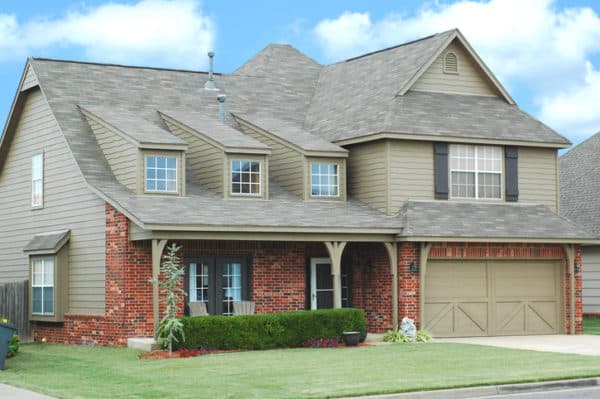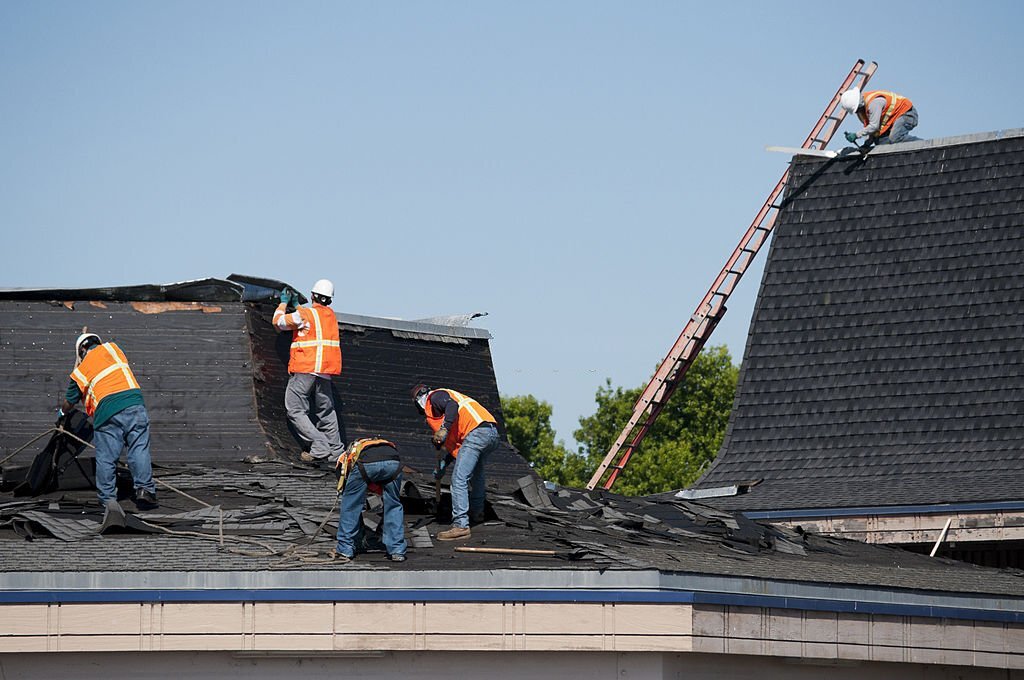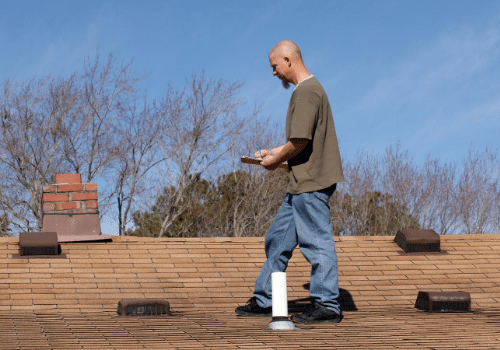When it comes to protecting your home, a great-built roof and roofing warranties are important considerations. Understanding the details of roofing warranties will help ensure that your roof is covered and your peace of mind is protected.
Your residential roofing warranty is a contract between you and the manufacturer of the roofing materials or installation contractor. It outlines the types of coverage that are included, as well as any exclusionary clauses or exceptions to coverage. Knowing what’s covered and what’s not will help you make sure that your investment in a new roof is secure.
In this guide, we’ll provide a comprehensive overview of residential roofing warranties and how they work. We’ll cover what’s included in a warranty, how to read and understand them, as well as tips for buying the best warranty for your needs.
Why You Need a Residential Roofing Warranty
Having a residential roofing warranty is a smart way to ensure that your roof is protected and will last for many years to come. A roofing warranty can give you peace of mind that your roof is covered in case of any unforeseen damage or repair needs.
Let’s take a closer look at the benefits of having a residential roofing warranty.
- It provides coverage for workmanship errors and material defects. If there is a defect in the materials used or something was installed incorrectly, your roofing warranty will help pay for repairs or replacement costs.
- It can also provide coverage for natural disasters and unexpected weather. If your roof has been damaged due to hail, wind, or rain, your warranty can help you with the cost of repairs or replacements.
- It extends the life of your roof by providing preventative maintenance services. Regular maintenance can help keep your roof in tip-top shape, so you don’t have to worry about sudden repairs appearing out of nowhere.
Choosing a Reputable Residential Roofing Contractor for Your Project
Choosing a reputable residential roofing contractor is key to ensuring the project is done correctly and will provide you with the coverage you need. If a contractor is willing to offer you an extended warranty, they are likely confident in their work and willing to provide the assurance of beyond-standard coverage.
Here are some tips on how pick a reputable roofing contractor:
- First, research their credentials.
- Second, ask your friends or neighbors for referrals.
- Third, get quotes from multiple contractors and compare them side by side.
Types of Residential Roofing Warranties: Material-Only vs Workmanship
When you’re shopping for a roofing warranty, there are two main types to consider – material-only and workmanship warranties.
Material-Only Warranty
A material-only warranty covers the cost of materials used to repair or replace the roof. It typically pays for:
- Replacing shingles that fail due to manufacturer defects
- Reinstalling needed flashing and sealants
- Providing other materials needed for repairs
This type of warranty does not cover labor or any damage caused by storms or other elements, so it’s important to read the fine print before making a purchase.
Workmanship Warranty
A workmanship warranty covers the cost of labor associated with repairing or replacing your roof. It pays for:
- Labor associated with removing and replacing shingles
- The cost of inspecting and repairing leaks
- Any other repairs that may be deemed necessary to restore the condition of your roof
It also may cover damage caused by storms or other elements, but once again, it is important to read the fine print before making a purchase to ensure you know what is covered and what is not covered in the policy.
What a Good Residential Roofing Warranty Should Cover
When selecting a roofing warranty for your home, it’s important to know what it should cover. A comprehensive roofing warranty should cover the following aspects of residential roofing:
Materials
A good residential roofing warranty should cover the cost of materials for any repairs that need to be made during the coverage period. This should include both parts and labor, ensuring that you won’t have to worry about paying out of pocket for any repairs that may need to be made.
Workmanship
When selecting a roofing warranty, you should also make sure that it covers workmanship. This includes not only the quality of work performed by the contractor but also their reputation and customer service record—ensuring that your roof repair is done correctly and in a timely manner.
Weather Damage
Finally, a good residential roofing warranty should cover weather damage, including damage caused by wind, hail, rainstorms, and other natural disasters. This ensures that any unexpected events won’t leave you financially liable for costly repairs to your home’s roof.
The Importance of Regular Roof Maintenance to Maintain Your Warranty
It is crucial that you regularly maintain your roof to ensure that it remains in good condition and to protect the warranty of your roof from invalidation. As this is a key factor when considering which roofing warranty to choose, it’s worth taking some time to understand what regular roof maintenance entails. If you find any problems during your inspection, you should contact a professional for repairs as soon as possible.
Additionally, you should also:
- Perform timely inspections after a severe storm to look for signs of damage;
- Ensure that all flashing on the roof is tightly sealed;
- Carefully monitor the growth of any trees near the home to prevent them from damaging the structure; and
- Keep the gutters clean of debris so that water can flow freely away from the home.
Always Hire a Trusted Roofing Company
To ensure your roofing project is completed properly and protected through warranty coverage, be sure to select a trusted roofer with experience in residential roofing. If you are a resident of Lusby, MD and looking for an experienced and credible roofing company, contact Southern Maryland Roofing today at 443-218-3751!



